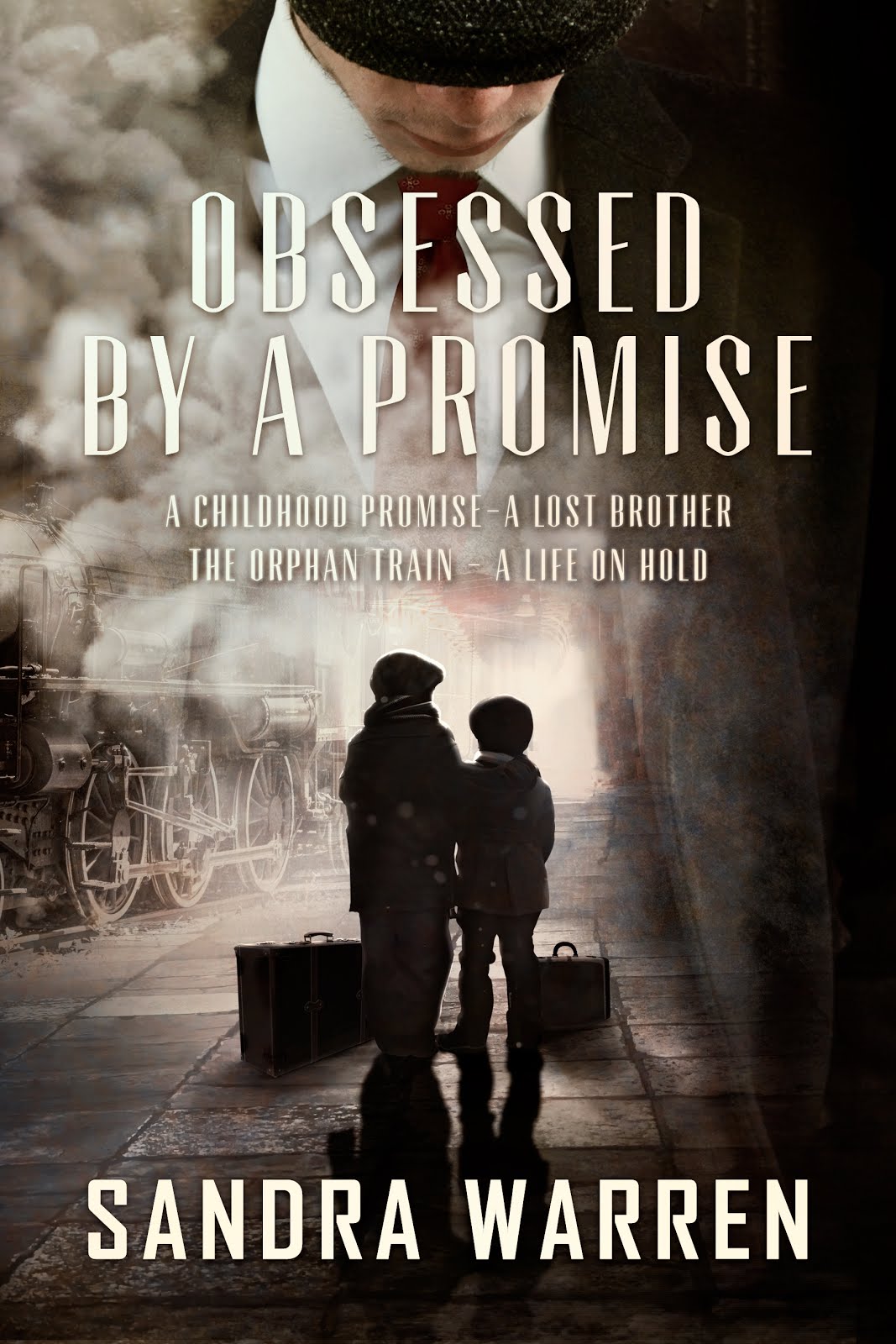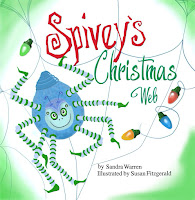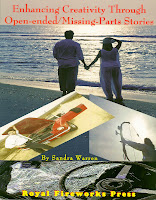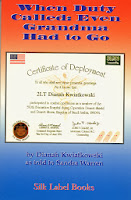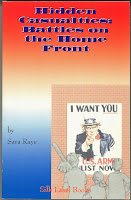Does anyone get used to receiving a rejection letter? On the road to becoming published, we all face those dreaded rejection letters that arrive in our mailboxes or our email accounts more often than not. Each time one arrives it pounces on the old ego and shatters belief in the work just a little bit, until you can regroup, reanalyze and revise, if necessary, before sending it out again.
Last week, I listened to a teleseminar with Jack Canfield, one of the co-authors of the Chicken Soup for the Soul series which now number over 200 titles, and was shocked to hear that he and Mark Victor Hansen's great idea was turned down by 144 companies before Health Communications took a chance on it. One hundred and forty four rejection letters! Wow! That takes guts and fortitude and belief in the work and in themselves to keep sending it out again and again.
I was fortunate to have received only four rejections before my first book was picked up. I know I could have handled a few more but not one hundred and forty-four. Somewhere along the way I would have given up and I'm not the "giving up," kind of person.
We would do well to remember what Barbara Kingsolver, The Poisonwood Bible, said about rejection. She said, "Rejection doesn't mean your book is bad, it just means that the editor that will love your book doesn't live at that address." I love that!
Jack added that "rejection does not exist but in your mind. It is just a step along the way."
Here's to the process and the many steps we have to climb to reach our goals.
What do you tell yourself when another rejection arrives?
Rejections: How many is too many?
Wednesday, October 27, 2010
Posted by
Sandra Warren
at
10:41 PM
0
comments
![]()
![]()
What Do I Work On Today?
Wednesday, October 20, 2010
Deciding which project to focus on today, is a constant challenge. When I'm at my creative peak, multiple ideas for stories other than the one I'm working on, pop in to stop the flow. I've tried grabbing a pad and jotting down the new idea, starting a whole new page to capture the thoughts, or just ignoring it. Nothing seems to work. Once the new idea was so strong, it forced me to set aside the manuscript I was working on and write an entire new story on an unrelated topic. It's as if my muse isn't happy unless I'm writing several things at once. Sometimes it's exhilarating but most often it's down right annoying.
This seems to be my problem today.
Three picture books were critiqued this morning generating great suggestions for change. And although all three are just about ready to send, they need further tweaking. Ideas for all three are rolling around in my head. But, there's also the novel manuscript that I've decided to completely revise and the next chapter from one of my critique partners. What to do? What to do?
Logic tells me to setup a schedule and complete them according to deadline even if that deadline is an artificial one. But that's the easy answer. It won't, however, stop the flow of ideas. Things could be worse. I could be hopelessly stuck in writer's block.
Am I alone? Does this happen to you? If it does, how do you handle it?
Posted by
Sandra Warren
at
3:46 PM
1 comments
![]()
![]()
Critique Group or Collaborator Group? Crossing the line
Monday, October 4, 2010
When does a critique become a collaboration?
The wonderful critique group, of which I am a member, has been struggling with this question ever since a prospective member, who chose to go elsewhere, announced that we were too much of a collaboration group for her. Her comment shocked us into considering the possibility. Had we crossed the line?
According to Webster's Dictionary, critique is listed as "a critical analysis or evaluation of a subject, situation, literary work, etc." Collaborate, on the other hand, means to "work together, especially in some literary, artistic or scientific manner."
In the broadest sense of the word, to collaborate would mean that we actively work together to produce each other's manuscripts. Our critique group does not do that. However, by very nature of being a critique group are we not working together, sharing opinion/s to make our manuscripts better?
What our group does do for each other includes looking for grammatical errors, confusion in plot and pacing, inconsistencies in the use of tense and POV, overuse of similar words, character description and growth, genre formatting if appropriate, story arc, endings that satisfy and I'm sure several other things I'm forgetting. And yes, we occasionally do this by showing and/or giving examples so that the writer has a reference for deciding to accept or reject the advice given. If this can be misconstrued as collaborating then so be it.
I've come to the conclusion that we haven't crossed the line. A good critique group utilizes a little bit of both.
What do you think?
Posted by
Sandra Warren
at
6:34 PM
3
comments
![]()
![]()
